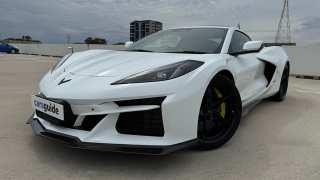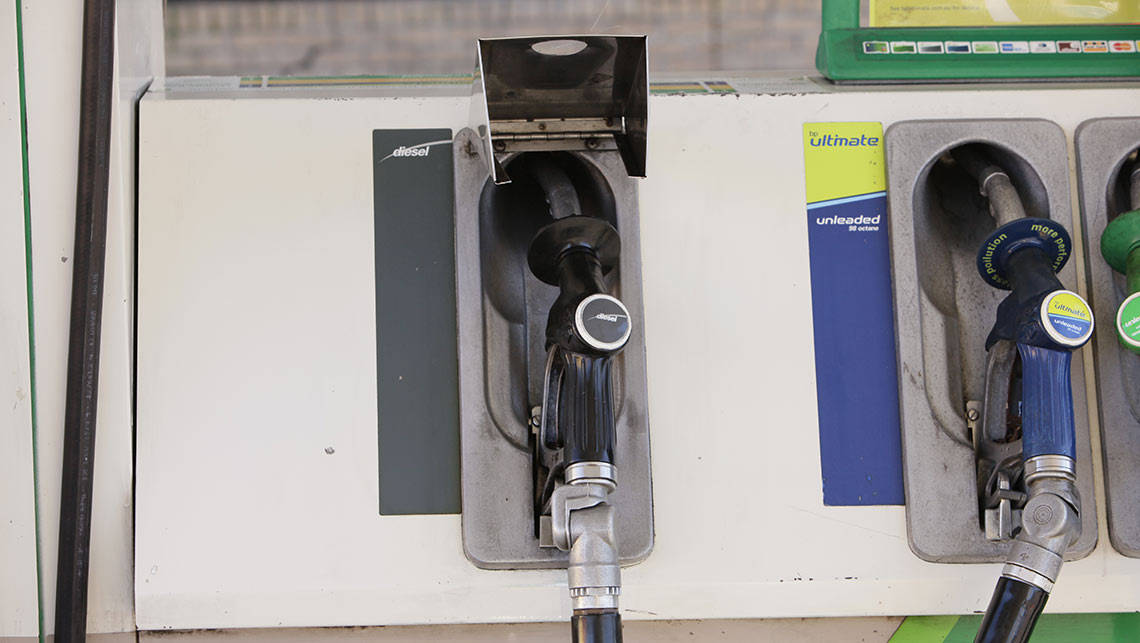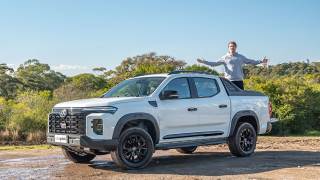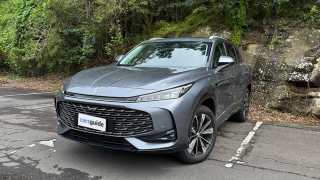
Does buying a diesel actually save you money?

The thrifty among us might have noticed that the relative price of diesel and petrol has been swinging wildly.
At the start of February, the average weekly price of diesel was $1.26 a litre, 14c dearer than petrol. At the time of writing, petrol was roughly 2c a litre more expensive.
So why the swing and what does it mean to motorists? Caltex says there is no intrinsic link between petrol and diesel, other than the fact that they are both made from crude oil.
There's no reason to rush out and buy a diesel car or SUV
Each has unique supply and demand curves — diesel becomes more expensive in the northern winter because it is used for heating in North Asia, while petrol prices head north when Americans do more summer driving.
So the bottom line is this isn't a long-term trend and there's no reason to rush out and buy a diesel car or SUV.
In fact, the way some car companies are pricing their diesel variants, you'd probably be better to steer clear because the payback period is way too long.
Diesel isn't startlingly more economical than the petrol
The diesel version of Hyundai's new i30 is $25,990 drive-away, while the petrol version is just $21,990 drive-away and includes a $1000 Eftpos credit.
The price discrepancy is made worse by the fact that the diesel isn't startlingly more economical than the petrol, using 4.8L/100km to the petrol's 7.3L/100km.
At the average of 15,000km a year, and with both fuels at $1.30 a litre, the diesel version saves $468 a year. That means a payback of more than 10 years.
Using the same formula, the 2.0-litre petrol Mazda CX-5 Maxx Sport costs $6531 less than the diesel variant but costs $136.50 a year more to fill, because it uses just 6.4L/100km to the diesel's 5.7L/100km.
The payback time? About 48 years. Bottom line is if you're looking to save money by buying a diesel, forget it.
It's not that simple, though — the diesel CX-5 has more power and double — yes, double — the torque of the petrol. So buy diesel if you want performance. Just don't buy it for the bottom line.










Comments